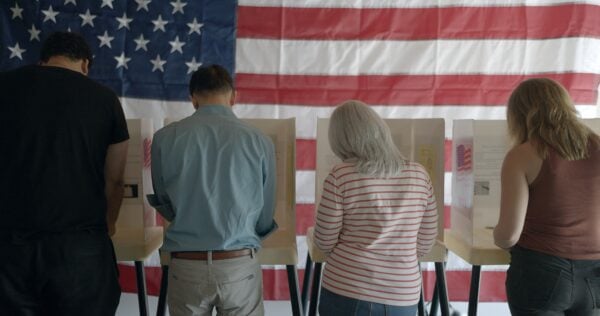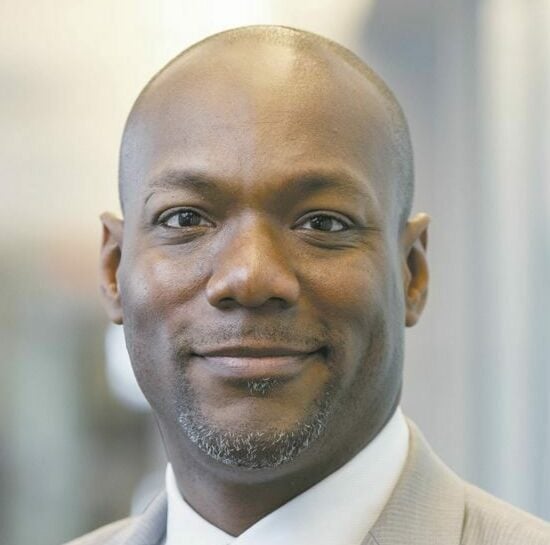For years I have been among a large segment of Americans who criticize people who “vote against their own interests.” The people to whom we refer exist at or near the bottom of the socioeconomic scale. They typically have low wages and little or no accumulated wealth. They include those who are the working poor, as well as members of the lower middle class.
They often work two or more jobs to try to make ends meet. They are compelled to make agonizing decisions regarding how to divide an income that is inadequate to cover their basic needs: food, clothes, rent, car payments, and medical expenses. They tend to be trapped in a cycle of paying on multiple credit cards – including withdrawing cash from one card to pay another card’s bill.
This group also includes a sizable portion of Americans who are loosely categorized as “the middle class.” They earn somewhere between the median income (roughly $55,000 annually) and double that amount. In some ways, they were even more immediately at risk than those who earn less money. That’s because they have to contend with a regressive tax structure that causes them to disproportionately shoulder our massive national debt. Further, our tax structure is much more favorable to investment gains than it is to wages.
Now that the Trump Administration and Republicans in Congress gutted much of the social safety net (e.g., Medicaid and myriad federal subsidies) via their so-called “Big Beautiful Bill”, nearly all working class and lower middle class Americans are in danger of completely falling off the financial cliff.
This brings me back to the criticism against those in their ranks who generally vote for the Republican Party. There is often a smugness that accompanies the opprobrium that those of us who are a little better placed direct toward our less fortunate neighbors. To be clear, it’s not that we look down on them for struggling economically; it’s that we look down on them for choosing political candidates whose policy decisions harm them in demonstrable ways.
In addition to tax policies, there are others regarding trade policies, worker protections, health care, and the environment. In short, people like me tend to wonder: How can these people be so ill-informed about how their vote affects their lives, as well as their children’s and grandchildren’s lives? We often refer to these people as “low information voters,” but that categorization ignores the importance of three key factors: their views regarding religion, “personal liberty” and race.

While it is true that millions of people exist in an information bubble that filters out economic and political data that, logically, should change their voting patterns, it is difficult to overstate the importance of, for example, their religious views regarding abortion. In fact, abortion is the single most important political issue for millions of Americans. Thus, even if these voters are aware that their vote might hurt them economically, they often still do so according to their faith.
Other religious factors include the view that the ravages of climate change are related to eschatology (i.e., the “last days” before Christ returns) as opposed to human activity, such as the burning of fossil fuels. Their pastors, relatives, and friends tend to have more impact than people who have dedicated their lives to understanding why, for example, hurricanes are more frequent and more deadly.
Regarding personal liberty, many of these people still chafe at requirements to be vaccinated and to wear masks during the height of the COVID pandemic. Indeed, it was not uncommon to hear them borrow a well-worn phrase from their political opponents: “My body, my choice.” Democrats, accurately, are seen as supporting laws, policies, and regulations that curb unhealthy behavior.
Then there are millions of white Americans who greatly fear the nation’s changing racial and ethnic demographics. While it is not universally true, there is a strong correlation between the fear of Hispanic “illegals” and their voting patterns. Repeated lies from President Trump and conservative media regarding the level of crime that undocumented immigrants commit offers plausible deniability to those who are reluctant to admit the role of racism determining their vote.
Even as these Americans slide down the economic scale in part due to their political choices, they still cling to what eminent scholar W.E.B. DuBois referred to as “the psychological wage of whiteness.” In other words, being able to use their “white card” is much more important than having a “Black Card” from American Express. Unless and until that changes, these voters will continue to drag the rest of the nation down with them.
Larry Smith is a community leader. Contact him at larry@leaf-llc.com.





